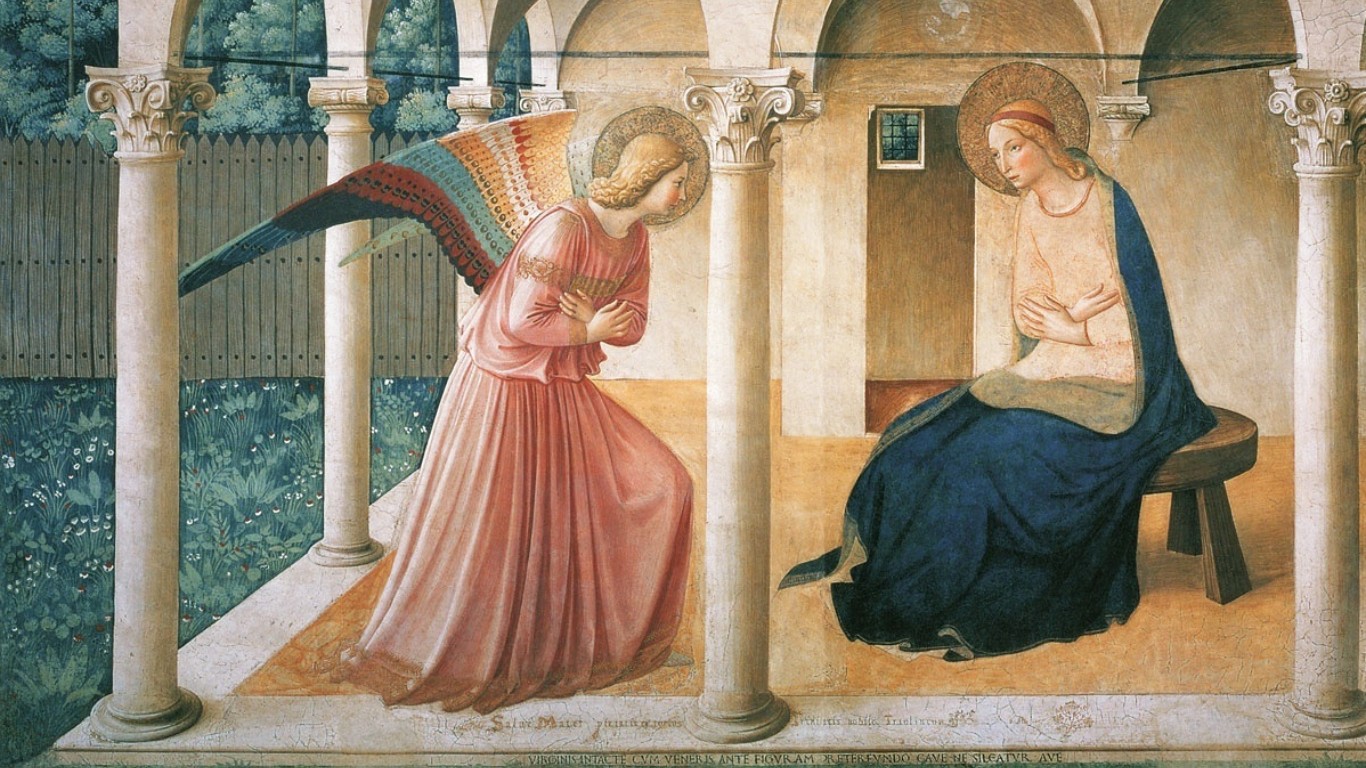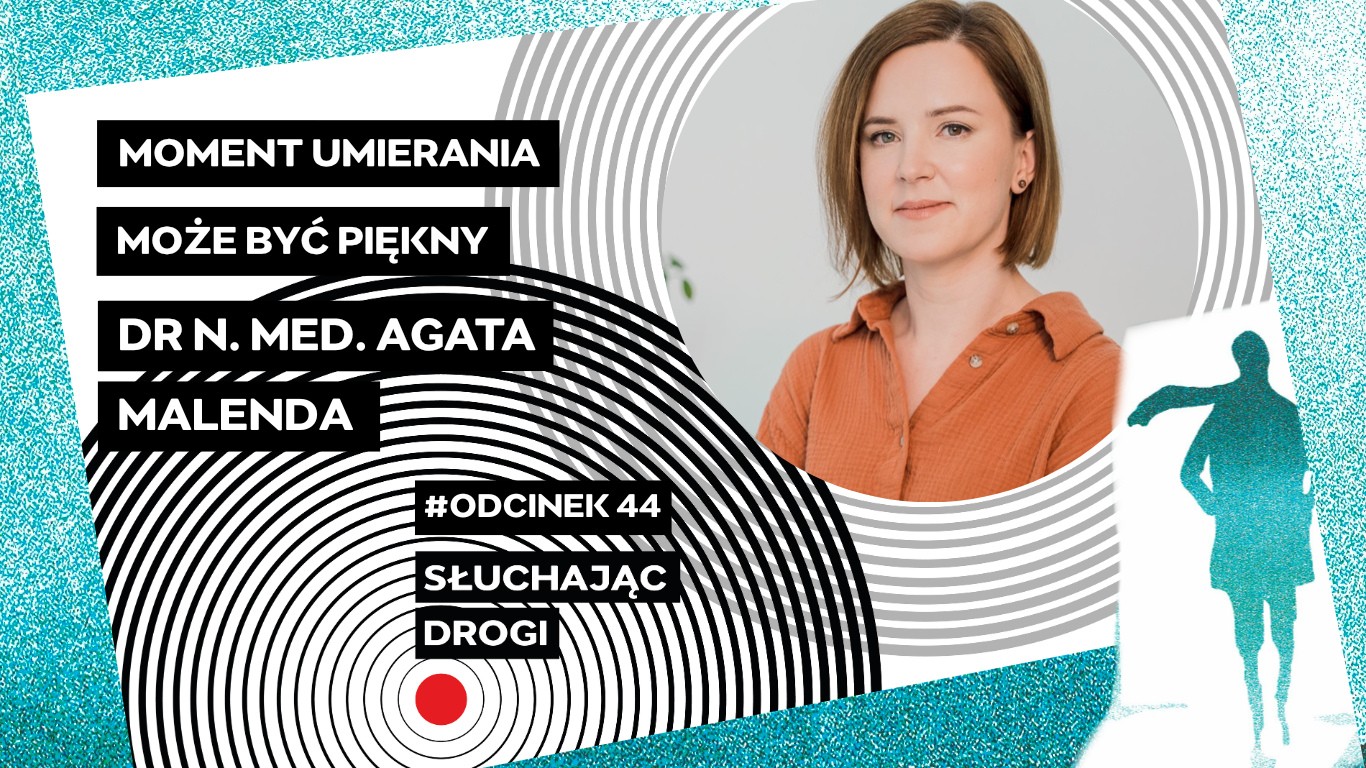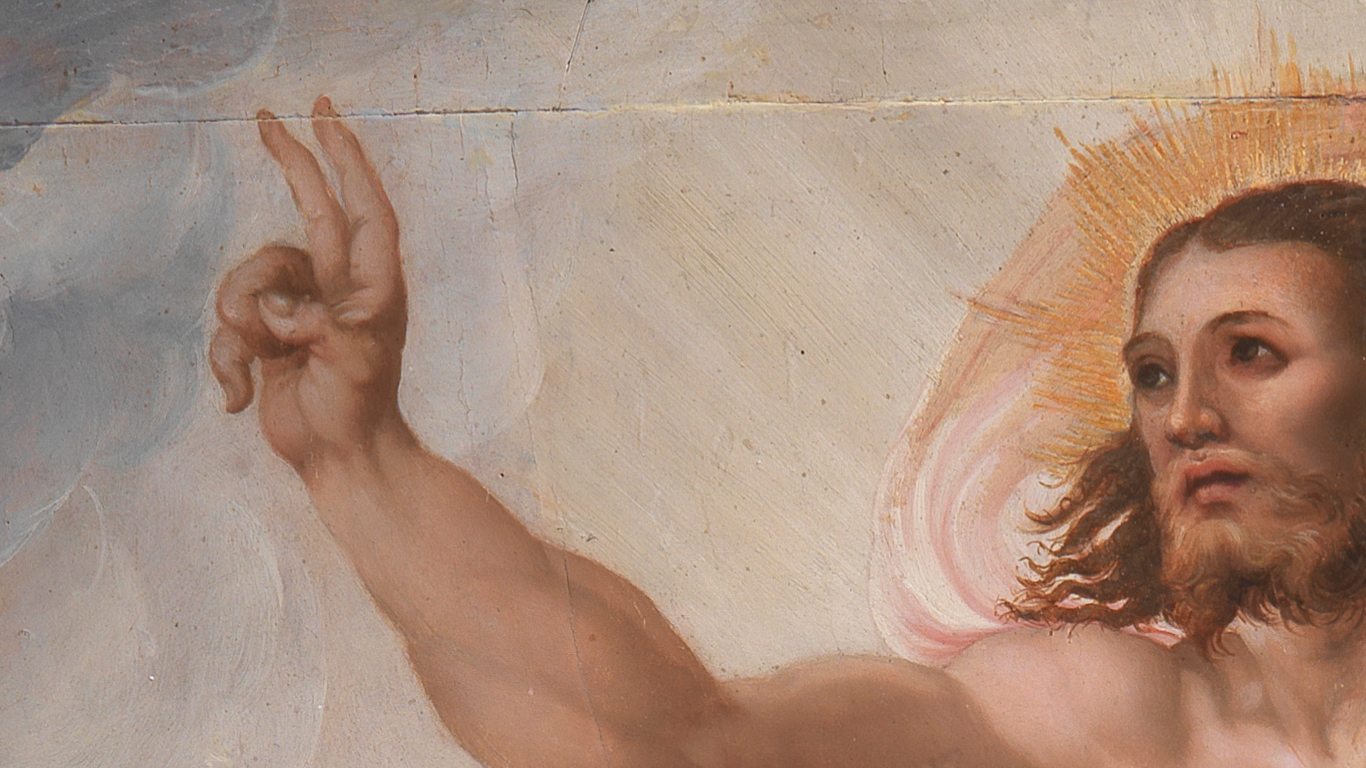What is integral leadership?
Is it about effectiveness? About motivating people, delegating well, and getting results? These are important effects of leadership. But none of them are its essence. Integral leadership is about who we are as persons. Integral leaders practice virtues, widen participation, and realize their vocations. In other words, they are capable of building strong relations with themselves, with other people, and with the higher, moral order. To be themselves they continually undergo a process of personal growth. Each of the three features of integral leadership – virtue, relation and vocation – will be the subject of a seminar. Leadership is not merely an abstract set of skills. It is always embodied. So, the fourth seminar will be devoted to Karol Wojtyła/John Paul II himself – the epitome of an integral leader who changed the world for the better. Our claims are that there is no ‘leadership’ in general beyond the lives of actual leaders and that in Central European region we have special spiritual and human testimony of integral leaders who have changed the world for the better. To bring the point home, students will be asked to prepare presentations on the most inspiring examples of leaders who have made a positive impact on their own countries. How do these men and women represent our regional and national cultures, as well as European culture? How might the lessons of these leaders’ lives be applied to contemporary challenges?
Leadership and Central Europe
There is one viable way both to overcome the foreseeable crisis of Europe and to preserve its identity: a return to vital sources of humanity. We draw this lesson from the European revolutions of the spirit of the last decades. Revolutions such as Solidarity, the Velvet Revolution, and Maidan certainly had material effects. But they also took place within the minds of citizens. History is always the work of citizens who become leaders, but the greatest positive changes of history are the work of integral leaders. The goal of the summer school is to reconstruct and recover the witness of integral leaders in European history, for the benefit of our shared future.
St. John Paul II was intensely catholic, that is universal. He loved all men. He was however at the same time intensely Polish. The belonging to the universal Church has its root in the strong cultural and emotional link to the national Church in whose womb he was born. He is so imbued with Polish culture that it is sometimes difficult for non Poles to completely understand him. This is the reason why Poles have a particular task to help non Poles to enter more deeply in the Thought and in the Spirituality of their fellow countryman. The Centre for the Thought of John Paul II in Warsaw wants to perform this task bringing the Polish Pope nearer to everybody. It is a service for foreigners and for Poles alike, who are helped to become more aware of their own culture and of their own identity.
Rocco Buttiglione










